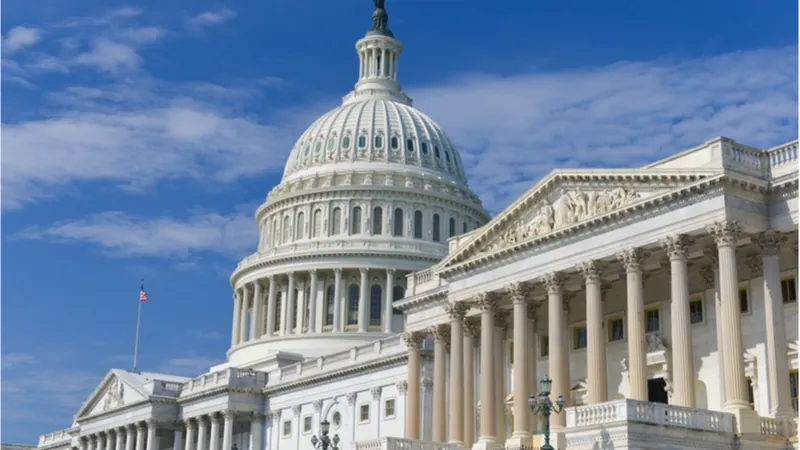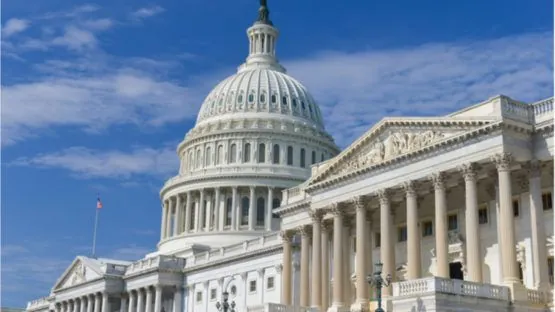Do members of Congress actually listen to the concerns of their constituents? Are the letters and emails you send read, or are they discarded into the physical or virtual trash? If they are read, does it even make any difference?
Popular belief would tell you that the answer is no to all of the above, but that is pundit-speak and not an accurate reflection of how congressional offices actually function. Reading and responding to constituent mail and phone calls is a top priority. Every letter, e-mail, or voice message may not make it to a senator’s or congressperson’s desk, but, in most offices, each and every contact with a constituent is logged and tracked and receives a response. Depending on whether it is an office in the U.S. House or Senate, there may be one or more individuals whose entire job is dedicated to managing constituent correspondence.
The cynic in you may assume that even if they respond to your letter or take your phone call, it will not make any difference in their policymaking decisions. I urge you to have more faith in your political currency as a voter. It is true that if an office only receives a few letters or phone calls demanding action on a particular issue, it is unlikely that it will become a priority. However, if a member of Congress receives an influx of constituent requests on a policy item, that person will be unable to ignore it. At the very least, the member’s legislative staff will begin to research the issue and hopefully think about how they might deliver a win for their constituents.
Advocacy groups recognize this and use grassroots activism as one of their primary tools of influence on the Hill. The Wilderness Society is just one of many organizations that have successfully built large and energetic groups of citizen activists across the country. While they also send men and women in suits to Capitol Hill to lobby, their politically active members are their strongest asset. They are instructed how and when to contact their representatives and are given directives about what to say and what actions to demand. Speaking from my own anecdotal experiences as a former Capitol Hill staffer, these campaigns can flood an office’s phone lines and mailboxes, virtually paralyzing all other activity. The Wilderness Society’s grassroots strategies have been key in its legislative achievements, including increasing the number of America’s designated wildlands and securing federally appropriated dollars for the Land and Water Conservation Fund.
Organizations advocating for everything from cancer research to sage grouse preservation have comparative grassroots strategies — and when they call on their armies of members to act, it shapes the legislation that eventually becomes law. Unfortunately, the longevity community does not yet have a strong activist arm or much of a presence on Capitol Hill. This must change if we are ever to see changes in federal policy that lead to stronger funding for aging research.
Among people who recognize the importance of treating aging, there is a clear consensus that the National Institutes of Health (NIH) does not allocate enough funds to the department within the National Institute on Aging (NIA) that researches the biology of aging. Each and every one of us should be contacting our congressional representatives and demanding more. It is extremely easy to do.
You can begin by determining who your congressional representatives are by going here (U.S. House) and here (U.S. Senate). Then, simply go to your representatives’ official government webpages, where you can locate information on how to contact them by mail, email, or phone. The correspondence should be short and to the point. LEAF has some excellent resources that outline why the government should strengthen funding for aging research along with the current roadblocks that are preventing potential life and cost-saving treatments from reaching the public. Use these and similar materials to outline the arguments and requests in your letter.
Unlike organizations that lobby for research funding for specific diseases, the consequences of aging cross party, gender, race, and age lines. The universal impact of aging on all citizens should be a persuasive rationale for making the case for additional funding. If the public better recognizes the connection between aging and disease, we could build a robust grassroots army of activists, and it would not take long for the relevant departments within the NIA to finally receive the support they deserve. We must continue to work towards this goal by finding creative ways to educate the public about the importance of aging research, but in the meantime, the grassroots base of activists should start with you.
Let me know if your representatives respond and what they say by dropping me a note on Twitter or LinkedIn.


